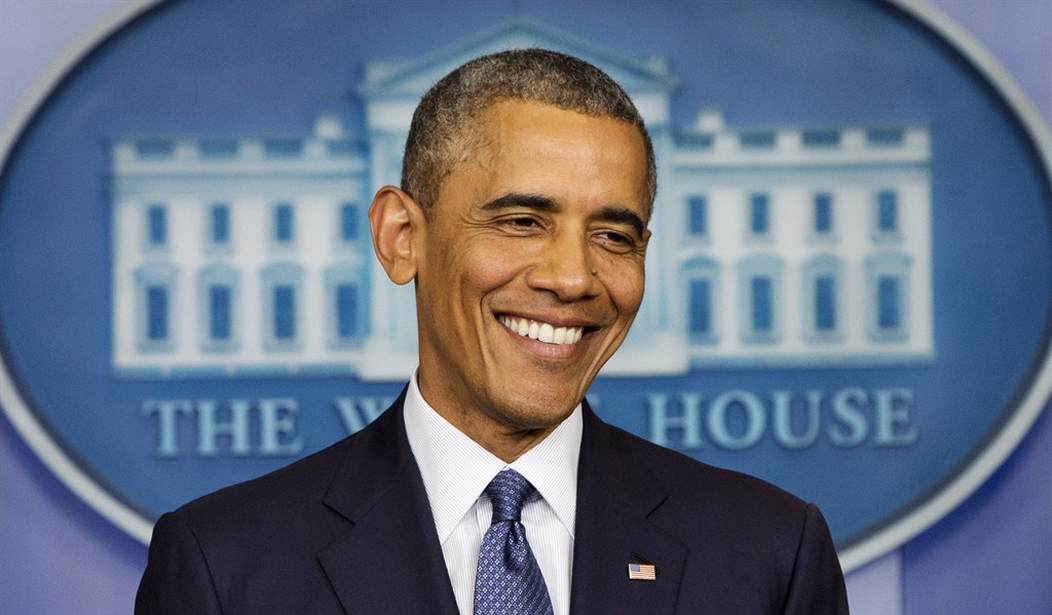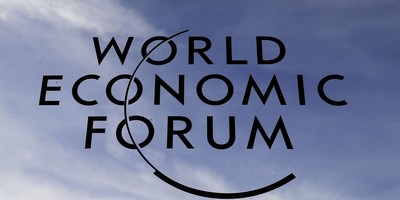President Obama, as promised, is changing America. High taxes and abusive enforcement are compelling businesses and ordinary citizens to leave the country altogether.
The United States has much higher corporate tax rates than other industrialized countries, and increasingly, the IRS pursues more aggressive enforcement tactics than foreign tax authorities.
The United States stands alone among industrialized countries by requiring U.S. businesses to pay taxes on profits from overseas operations and investments—in addition to taxes paid to foreign governments.
Of course, what American corporations actually pay varies a lot, thanks to many exemptions, deductions and provisions to delay taxes; however, the average combined U.S. and foreign tax burden on profits is about 30 percent, whereas the average for foreign rivals is about 23 percent.
Entrepreneurs pay some of the highest tax rates in the world on unincorporated U.S.-based businesses. Regardless of where income is earned, they often pay federal, state and local taxes in excess of 50 percent, and must pay both U.S. and foreign taxes on overseas income.
Ordinary citizens permanently living and working abroad also must pay U.S. and foreign taxes, face burdensome dual filing requirements and abusive penalties. U.S. tax laws can impose penalties of more than $1 million on unpaid taxes of as little as $20,000.
U.S. bank reporting requirements to combat terrorism and tax evasion are so much more burdensome than European countries, and impose such terrible penalties for unintentional reporting errors, that foreign banks will not permit smaller U.S. companies and citizens to open checking accounts.
Recommended
Imagine trying to run a small sales organization or live and work in Rome without a local banking account to pay bills.
The U.S. tax system is so burdensome and arbitrary that a 2013 study undertaken by a European think tank ranked it 94th out of 100, right after Zimbabwe, for its impact on business competitiveness. No wonder the U.S. economy is growing at half the pace as during the Reagan-Clinton years and creating about one-sixth the jobs.
Recent IRS abuses of American businesses, taxpayers and nonprofits for political views and contributions—and Justice Department reluctance to prosecute malefactors—only add to perceptions that the U.S. tax system makes America no place to do business. And increasing numbers of businesses and individuals are making that choice.
American corporations are merging with foreign competitors for the explicit purpose of locating corporate headquarters and tax residences outside the United States. These so-called “tax inversions” started as a trickle in the 1990s but are increasing. Activist investors are pressuring U.S. corporate executives to maximize stockholders’ after tax profits—and to shield stockholders from IRS and Justice Department enforcement abuses.
Similarly, private citizens living abroad—unable to obtain bank services, faced with huge tax and compliance costs, and the risk that even a hangnail error or whispered politically incorrect view could put them in the cross-hairs of the IRS—are disavowing their U.S. citizenship.
For private citizens, the costs of leaving America for good are quite high. Those include discriminatorily higher estate taxes for heirs who remain U.S. citizens, and arbitrarily higher taxes on the sale of property and securities.
Democrats and Republicans alike say they want tax reform, but Obama is unwilling to reduce the overall tax burdens. He only wants to move around and reduce certain deductions but maintain or increase revenues.
More and more businesses and citizens will still want to leave America. And Congress appears not to have the courage to take on America’s KGB—the IRS.
Peter Morici is an economist and business professor at the University of Maryland, national columnist and five-time winner of the MarketWatch best forecaster award. He tweets @pmorici1

























Join the conversation as a VIP Member